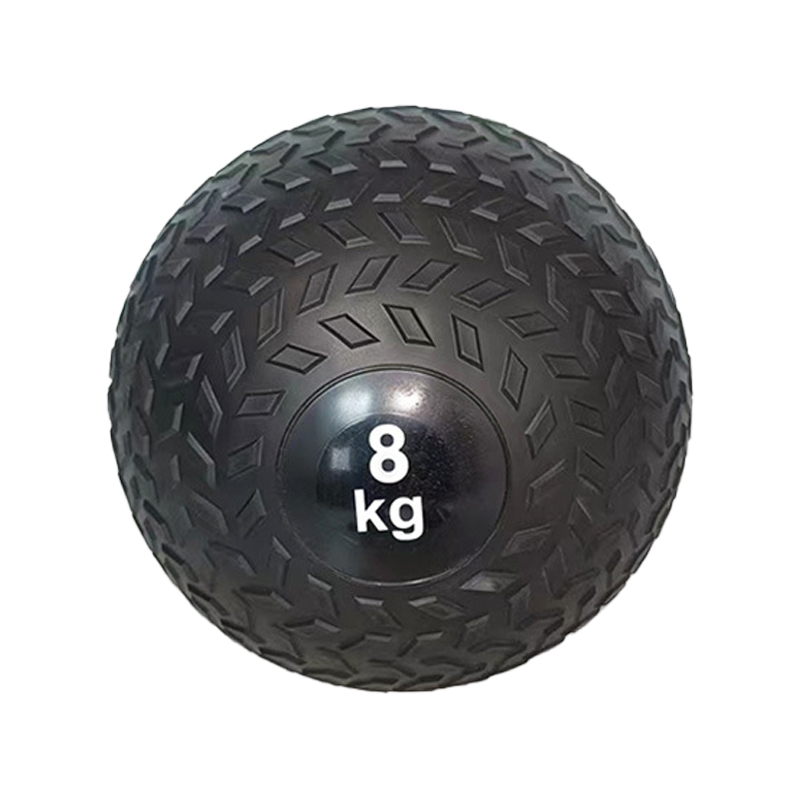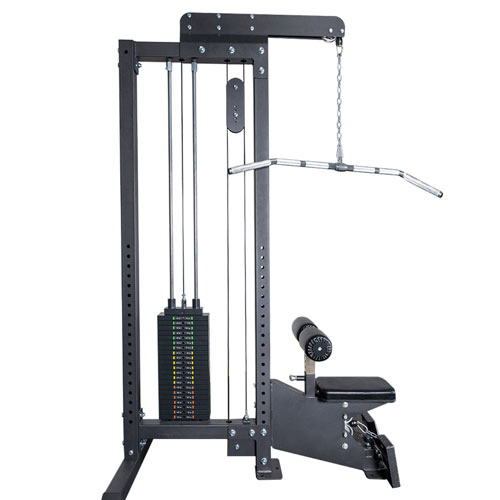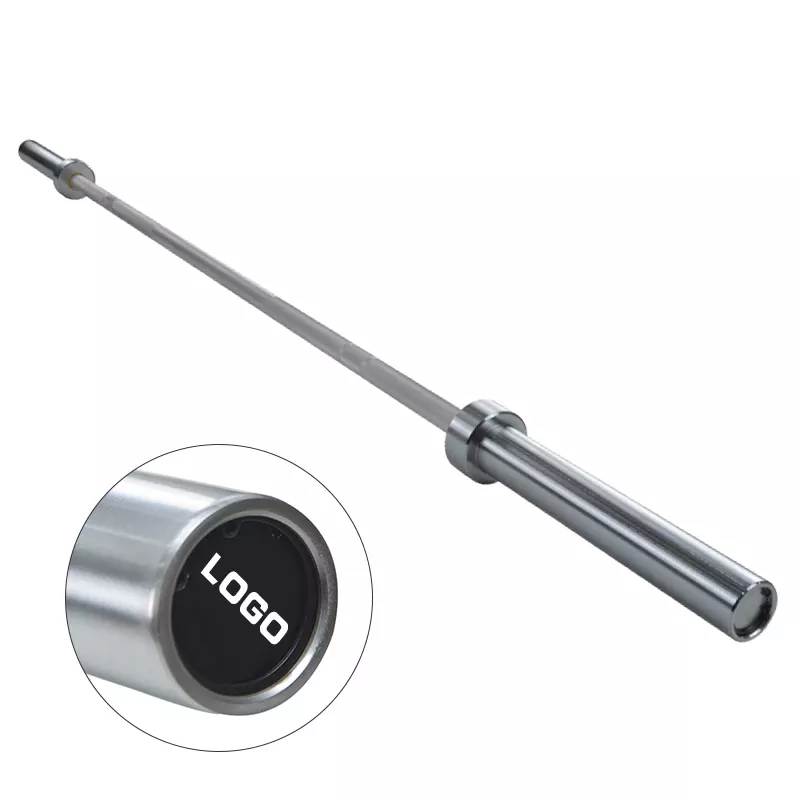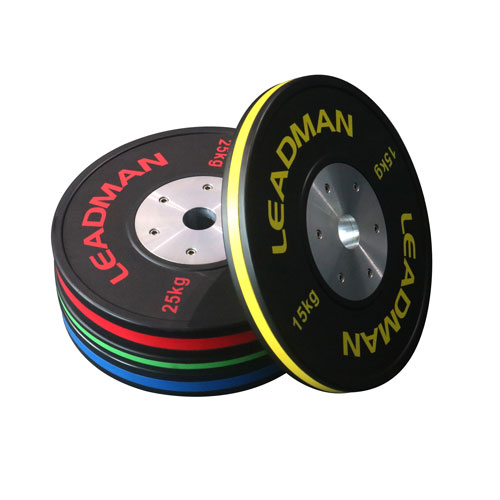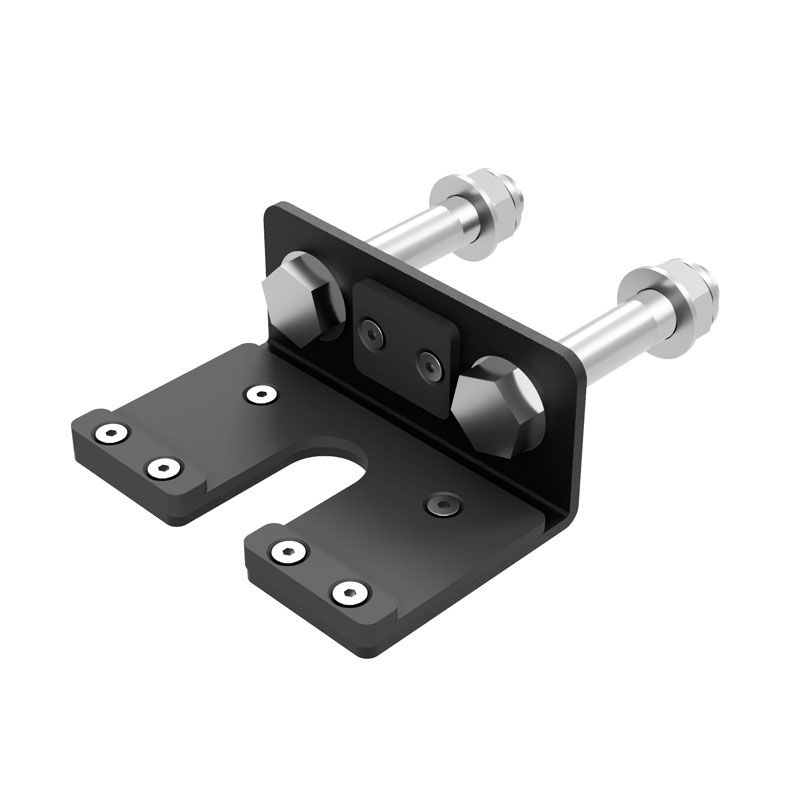Exploring the Pros and Cons of Buying From a Gym Equipment Supplier vs. Gym Equipment Factory
When equipping a commercial gym or fitness facility, you have the choice to purchase equipment from a third-party supplier or directly from the manufacturing factory. Both options have their own sets of advantages and disadvantages to consider. Here we’ll break down the key benefits and drawbacks of purchasing from a gym equipment supplier versus going direct to the fitness equipment factory.
Factors to Consider
Some important factors to analyze when comparing suppliers and factories include:
- Equipment selection and availability
- Pricing and minimum orders
- Customization and branding options
- Delivery logistics and installation
- Ongoing service and support
- Existing business relationships
Looking at these factors will provide greater insight into which purchasing method best fits your facility’s needs.
Benefits of Using a Gym Equipment Supplier
Third-party suppliers offer some unique advantages:
Wider Range of Equipment Brands
Suppliers carry equipment from many leading commercial brands, allowing you to shop options and compare.
Existing Relationships
If you have purchased from a trusted supplier before, continuing to use them can simplify future transactions.
Lower Minimum Orders
Suppliers may break bulk orders into smaller quantities that are feasible for small gyms to purchase.
Coordination of Delivery/Install
Equipment dealers can handle coordinating delivery from multiple brands and oversee complete installation.
Financing Facilitation
Suppliers may be able to facilitate equipment leasing or financing arrangements through their relationships.
Potentially Better Pricing
With their purchasing volume, established suppliers may get better bulk rates from factories to pass onto buyers.
Drawbacks of Suppliers
Some potential downsides of using a gym equipment supplier include:
Markup on Pricing
Suppliers need to make a profit margin on equipment sales, increasing costs versus direct factory pricing.
Limited Customization
Branding and custom equipment options may be restricted when not purchasing directly from the manufacturer.
No Direct Manufacturer Support
You will need to go through the supplier rather than the factory for any warranty issues, repairs, etc.
Benefits of Buying Direct From Manufacturer
There are also advantages to purchasing directly through fitness equipment factories:
Lower Equipment Costs
Cutting out the supplier middleman can result in lower pricing in many cases.
Customization Capabilities
Manufacturers allow custom branding, colors, upholstery etc. since they are producing the equipment.
Direct Manufacturer Service
You can contact the factory directly regarding equipment issues, simplifying service and support.
Potential Larger Selection
The factory may give access to a wider range of equipment models and options beyond what suppliers carry.
No Reseller Markup
Without a middleman, the equipment pricing should be at true production costs.
Cons of Buying Direct From Factories
Some drawbacks also exist when purchasing directly from manufacturing sources:
Large Minimum Orders
Factories often have high minimum order sizes that are unrealistic for smaller gyms.
Managing Multiple Vendors
You may need to purchase different equipment types from various factories instead of one supplier.
Coordination of Delivery/Install
Without a dealer to manage, you have to coordinate all equipment delivery and installation logistics.
No Financing Help
You may miss out on the financing assistance that equipment resellers can provide access to.
The Bottom Line
Analyzing the pros and cons will lead you to the best purchasing approach for your unique needs. Larger gyms may benefit from the customization and bulk order discounts factories provide. Smaller gyms may prefer the wider selection and smaller order quantities that suppliers accommodate. Think strategically about your budget, inventory requirements, and overall goals to decide between a gym equipment supplier or direct fitness equipment factory purchasing.

